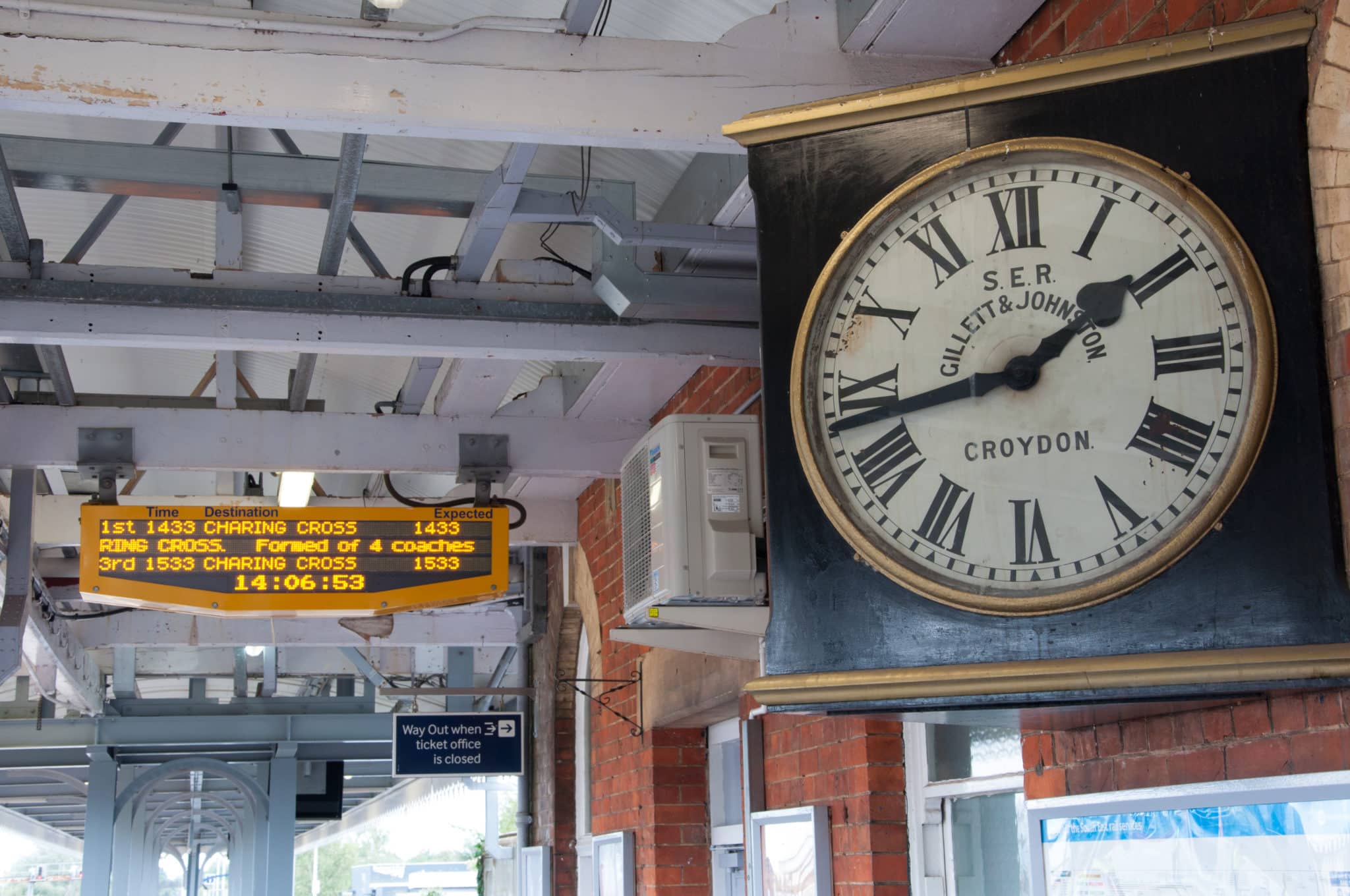TRAIN companies have announced plans to close almost all station ticket offices in the country, but Southeastern’s decision to focus on stations closer to London first has raised fears that Kent and Sussex passengers will be an afterthought.
Launching their consultation on the future of ticket offices last week, Southeastern and 13 other train operators said they hoped to close most ticket offices, moving the staff to assistance roles instead in an effort to cut costs.
“We want to make sure our railway is sustainable for the future and reduce the costs associated with running the railway, noting that we are a public sector organisation dependent upon a taxpayer subsidy of over £1million a day.”
Southeastern said there are 140,000 e-ticket journeys a week across its network, while fewer tickets were bought at stations.
There would also be 14 travel centres at Southeastern’s busiest stations, the nearest of which would be Tonbridge, offering “a combination of travel information and ticketing solutions”.
Meanwhile, “medium- and larger-sized stations” where not enough tickets are sold would lose their ticket office, but remain staffed for safety, accessibility and help with ticket-buying.
And smaller stations with just one staff member working in the ticket office, would keep that staff member to “provide a wider range of customer support”, but the ticket office would be closed, said Southeastern.
Although 18 stations that currently have no staff will be re-staffed, Southeastern’s proposals call for 27 unstaffed stations, served by a mobile assistance team.
It is not clear which categories local stations such as Tunbridge Wells, High Brooms and Paddock Wood would fall into.
Compensating for the ticket offices, there would be increased self-service by app, the website, ticket machines or staff, said Southeastern.
However, the train operator plans to consult on its busiest stations and ‘metro’ stops closest to London first, while most of Kent and Sussex will wait until autumn to have their say.
Commenting on the consultation and proposals, Tonbridge Line Commuters (TLC) Chairman Rob Mansfield told the Times: “I’m disappointed that the Southeastern consultation is happening in two parts and that the first part is very ‘Oyster-’ [Transport for London travel card] centric.”
According to Southeastern, these are stations that each sell fewer than 50 tickets daily and where customers can already use Pay-As-You-Go (tap in, tap out) for their journey.
However, Mr Mansfield stressed that customers “tapping in” to pay “bears no resemblance to the stations in our area”.
“I’m concerned that the outcome of this will be used to the disadvantage of the stations involved, with the second consultation later in the year. We fear it’s a slippery slope to removing staff and weakening the service further.”
Tunbridge Wells-based Chris Jeffery, himself disabled and a campaigner for carers’ rights, also expressed concerns about accessibility, telling the Times: “Unless you’ve got a perfectly staffed station, there are going to be problems.
Existing ticket machines are not always accessible, he added. “What if a person is off sick or deployed elsewhere?”
Subject to the outcome of the consultation, any closures will take place over the next two years, said Southeastern.








